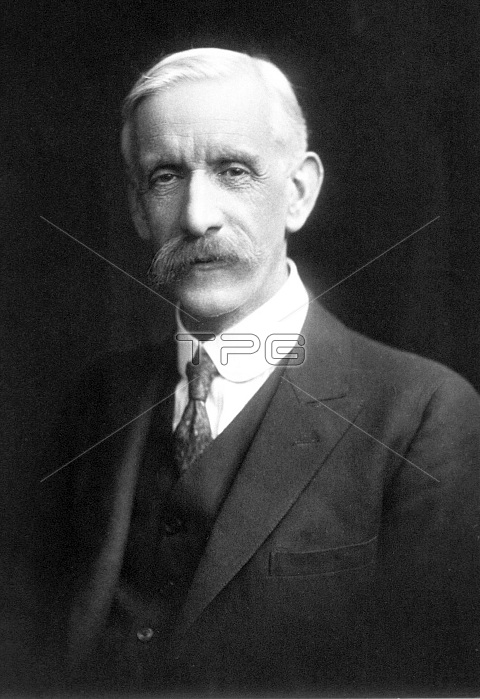
Frederick Gowland Hopkins (1861-1947) was an English biochemist. He taught physiology and toxicology at Guy's Hospital from 1894 to 1898. He discovered the amino acid tryptophan, in 1901. Hopkins studied how cells obtain energy via a complex metabolic process of oxidation and reduction reactions. His study in 1907 with Sir Walter Morley Fletcher of the connection between lactic acid and muscle contraction was one of the central achievements of his work on the biochemistry of the cell. In 1912 Hopkins published the work for which he is best known, demonstrating in a series of animal feeding experiments that diets consisting of pure proteins, carbohydrates, fats, minerals, and water fail to support animal growth. Hopkins is credited with the discovery and characterization in 1921 of glutathione extracted from various animal tissues. He was awarded the Nobel Prize in Physiology or Medicine in 1929, with Christiaan Eijkman, for the discovery of vitamins. He was appointed President of the Royal Society from 1930 to 1935. He lived to be 85 and died of natural causes.
| px | px | dpi | = | cm | x | cm | = | MB |
Details
Creative#:
TOP22160404
Source:
達志影像
Authorization Type:
RM
Release Information:
須由TPG 完整授權
Model Release:
No
Property Release:
No
Right to Privacy:
No
Same folder images:

 Loading
Loading